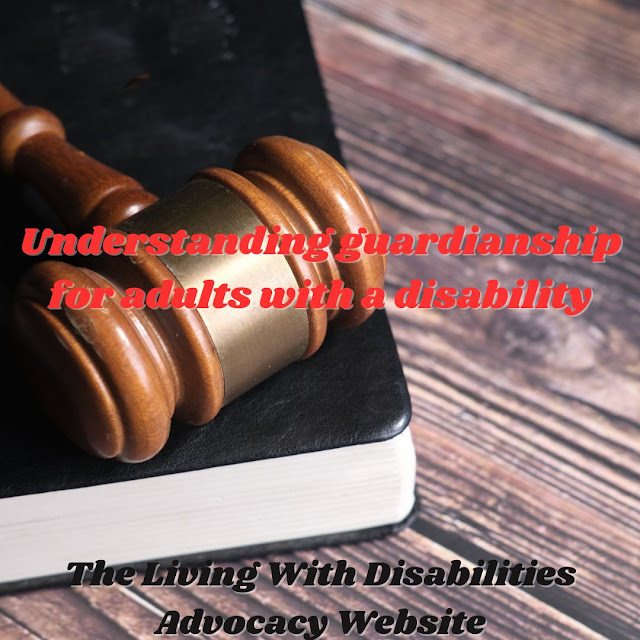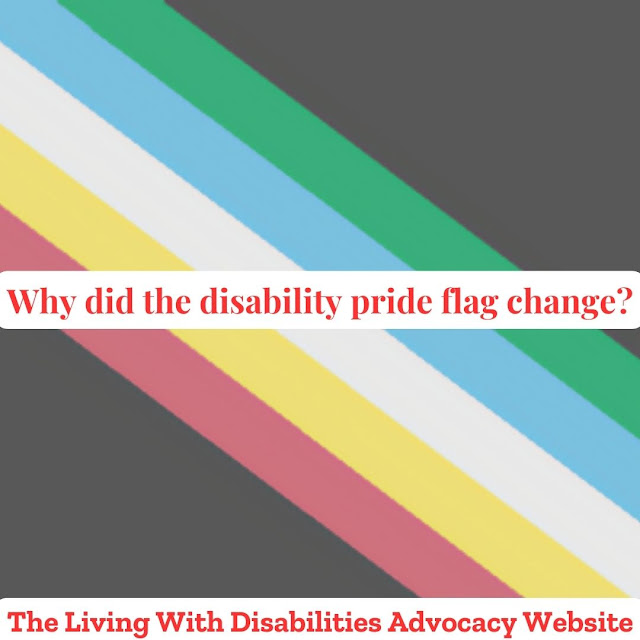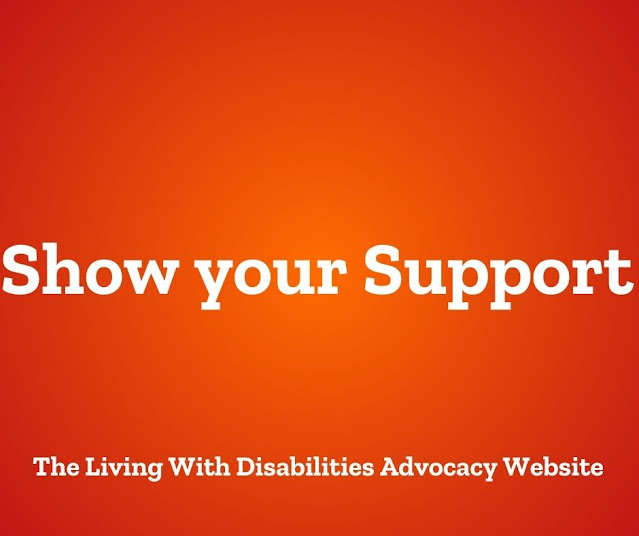Disabled and How to manage through abuse
Living With Disabilities is here to let you know that you are not alone. And it's okay to speak up about it. Like, when it comes to sharing your story. So, The host of Living With Disabilities, Katrina Smith, will give you some helplines in this article. We ask that you continue to read on.
We're going to give you a definition of each type of abuse and how to tell if someone has been Abused. Do know Living With Disabilities, is not a guidance counselor or a medical professional. We're a non-profit talk show that interview people with disabilities and write blog articles relating to disabilities.
What is Emotionally abuse? Emotional abuse is a way of controlling another person by using emotions to find fault, embarrass, shame, blame or manipulate someone. Here's where you can tell or spot an emotional abuse situation. Mainly, a relationship is emotionally abusive when there is a consistent pattern of abusive words and bullying behavior that wears down a person's self-esteem and mental health, even gaslighting is a form of emotional abuse. If you know or see someone getting Emotionally abused, let them know it's okay to talk to a medical professional. You as a friend or family member, spouse and etc... can be the person to open space for them to talk to you directly. Next are some following tips to help you to help them, 1. "Tell them that you are there for them", 2. "How does it feel when their abuser does dot, dot, dot". 3. "Let them know they don't have to share everything with you", 4. "you are concerned about their safety", 5. "Work on a safety plan together" and help them find a professional advocate to speak with. There is plenty of help, you or someone you love can reach out to. The hotline https://www.thehotline.org/
Here are a few things you should not say when someone dealing with emotional abuse. 1. "You need to leave", 2. "If I were you",3. "Your partner, family member and etc... is a jerk". 4. Know that you can not control what your friend or family does. But you can always be there for them. Lastly know your own limits, you are not their counselor, you are their shoulder and ear to listen and cry on.
What is Physical Abuse? Physical abuse is any intentional act causing injury or trauma to another person by way of bodily contact. It gradually starts with pushing or slapping before it becomes progressively worse over time. How can you recognize abuse? 1. "unexplained changes in behavior or personality", 2. "Becoming withdrawn",3. "Seemly anxious",4."Uncharacteristically aggressive",5. "if any, lack of social skills and has fewer friends", 6. "always choosing clothes that will cover their body".
How does it start? The survivor of Physical abuse will speak about the violence beginning with a slap or pushing before the activity becomes intense over time. The abuser will play the blame game, 2. They will consistently apologize after physically attacking. 3. They will do things to make it difficult for you to leave.
These signs are never okay!
What you need to keep in mind: 1. Their behavior is their responsibility, 2. not your fault. 3. It's not okay! 4.Whatever they say it's never acceptable.
What to do if you have been physically abused? Many services can offer support. Most importantly, if you're afraid or feel like you are in danger, contact emergency service right away. The hotline https://www.thehotline.org/
How can you help by intervening? 1. Set up a time to talk, you want to make sure the time you have set out, does not get interrupted.2. Let them know about your concerns about their safety, You want to be honest. 3. Be supportive, listen, and know there may be hard times where they will not talk about their abuse. 4. Don't place fault. 5. Help plan a safe escape plan. Like, packing important items. 6. Encourage them to get professional help, The National Domestic Violence Hotline, 800-799-SAFE (7233); the National Sexual Assault Hotline, 800-656-HOPE (4673); and the National Teen Dating Abuse Helpline, 866-331-9474, 7. Continue support if they stay. 8. Encourage them to become more active outside of the relationship, 9. If they do leave continue to support them. 10. Support, Support, Support.
What is Sexual abuse? Sexual contact or behavior without your consent. How to identify sexual abuse? They may involve bruising, bleeding, redness and bumps, or scabs around the mouth, groin area. UTI, STD, and abnormal discharge are also major signs of abuse. What is Sexual abuse behavior? LWD "Living With Disabilities" refers to molestation. It is using force or by taking advantage of another person.
How can you help by intervening? The goal is to show support. Like, encouraging them to seek counseling. Know that a person who has been abused can suffer from the following: Depression, Anxiety, and Anger issues, Post Traumatic Stress Disorder "PTSD" and the most common are emotional and behavioral, these are conditions that can only be talked with a Professional Counselor.
Lastly, What is economic abuse? when a person has control over another person's financial resources, which restricts a person's ability to support themselves and become dependent on the suspect. What are the indicators of financial abuse? 1. giving allowances or budget without a person's input. 2. Requiring a person to keep a record of how much they spend. 3. Sabotaging your workspace or making you quit your job. 4. Feeling entitled to your money. 5. spending your money without your knowledge.6. limiting a person's ability to attend work or go after their educational goal.7. Limiting access to a person's bank account. 8. Limiting a person's access to going outdoors. 9. enacting in other abusive behavior. Like, physical when they're upset over you spending money.
How to prevent and stop financial abuse? 1. Check your account regularly. 2. set up notification from your bank. 3. seek support from a counselor.4. Leave the relationship *Living With Disabilities advise, if you leave to have a well-thought-out plan. 5. Organize your finances.
Living With Disabilities final words:
Throughout this article we have shared, Support is all you can do for any abusive situation. We don't encourage you to act as a counselor or any medical professional. If you or someone you know was been a victim of these vicious acts, Do reach out to a crisis line to seek medical attention right away. Know that it's okay to speak to someone.
The Unacknowledged Crisis Of Violence Against Disabled People.




Comments
Post a Comment